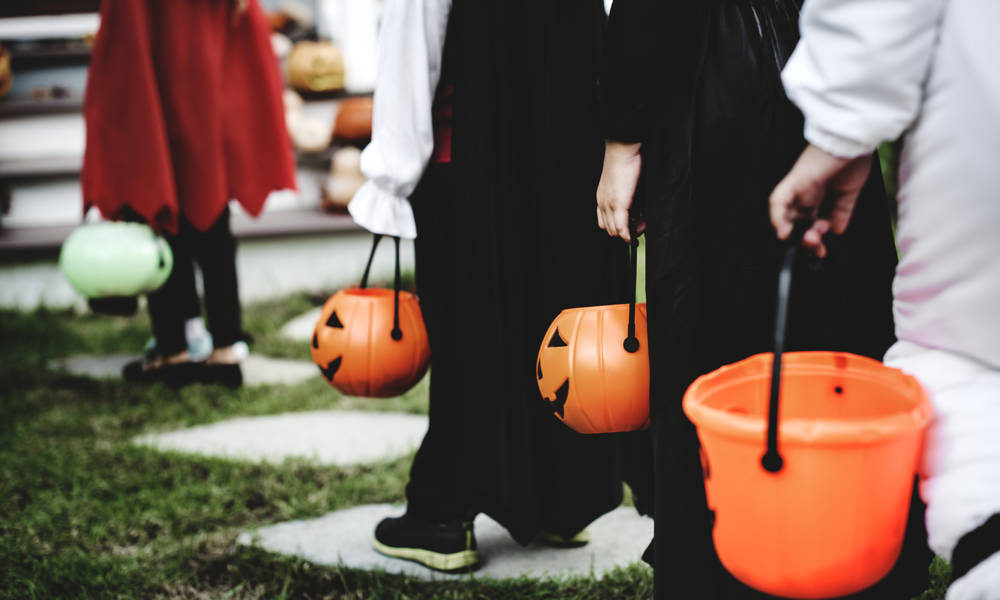
Halloween on Saturday? This Trade Group Says Yes
The Halloween & Costume Association, citing safety concerns and a desire for consistency, is making the case in a petition to the president that the holiday should be held on Saturday nights. The petition is gaining quick momentum.
There are many great things about Halloween—the costumes, the candy, the music, the movies—but one thing that’s not so great, according to one trade group? The timing.
And the Halloween & Costume Association would really like to make the case that it’s better to have Halloween happen on a set day of the week—particularly, Saturdays—than on October 31. The group is calling on President Donald Trump to make it so, and is asking for the public’s support, by launching a petition to that effect.
And the petition has seen plenty of success so far: Since being put up on Change.org, it has received more than 10,000 signatures at the time of publishing—with a surge in growth thanks to a groundswell of media attention around the issue.
The association, in making its case for what it calls the Saturday Halloween Movement, points to safety issues that frequently arise, including roughly 3,800 injuries that happen yearly during Halloween. The group also states that 70 percent of parents don’t accompany children for trick-or-treating, and nearly two thirds (65 percent) don’t discuss Halloween safety measures with their children. The association ultimately argues that if the holiday was guaranteed to be on a weekend, more could be done to ensure safety among trick-or-treaters, while allowing candy to be passed out for longer periods of time.
As USA Today’s Scott Craven notes, it also has plenty of practical benefits as well.
“Moving Halloween to a Saturday would not only solve the school-night dilemma but it would ease the heavier-than-normal traffic on Oct. 31 caused by parents trying to get home early so they can squeeze their infants into unwieldy-but-adorable costumes,” he writes.
Of course, making a shift for convenience might mean loosening a grip on some historic precedent. Per the History Channel, the event has traditionally been held on October 31 in part due to its roots in the Celtic holiday Samhain, a festival before the November 1 new year began. The festival was built around the belief that the ghosts of the dead returned to the Earth for a single night.
After the Catholic Church set November 1 as All Saints’ Day, the rituals of Samhain were combined with the holiday, which eventually evolved into All Hallows’ Eve, or Halloween. (The trick-or-treating, of course, came later.)
(Rawpixel/iStock/Getty Images Plus)






Comments